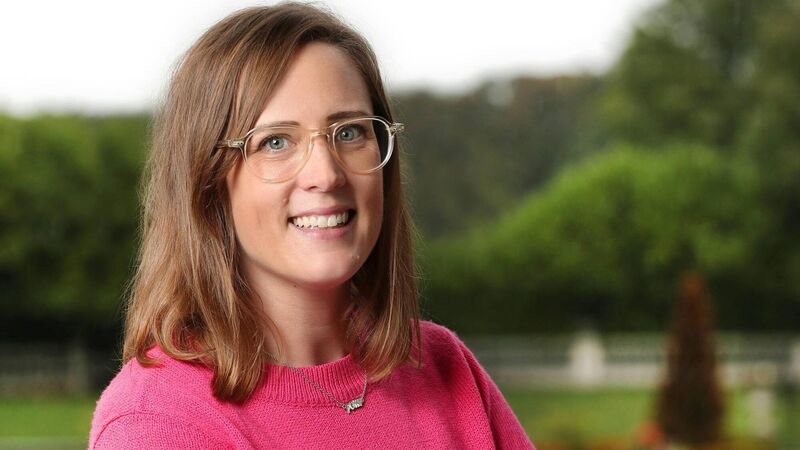Alison Curtis: Helping our kids use their voices for good

"A smile, a compliment or a reassuring comment can be really impactful."
Something I have talked a lot about lately with my daughter Joan is the power of words. How language can impact people in both good and bad ways.
She has always been a very kind and gentle child and as she grows that kindness and empathy can more and more be expressed with words as well as actions.






